What Does a Funeral Director Do?
Bereavement can be one of life’s most challenging experiences, and funeral directors offer invaluable support during this time. But many people find themselves wondering, ‘What does a funeral director do?’ A funeral director’s work spans practical arrangements, legal responsibilities, signposting and emotional support, to help families and friends through these difficult moments.
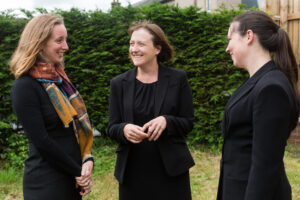



The role of funeral directors
A funeral director acts as the organiser and facilitator of all aspects of a funeral. From the moment they are contacted, their primary aim is to support the people who are arranging the funeral so every detail is handled with care, attention to detail, respect and sensitivity. This includes overseeing bringing the person who has died into the care of a funeral home in the community, liaising with other professionals and preparing the funeral service.
Their responsibilities span practical and emotional support. For instance, helping families understand and navigate the statutory paperwork process, from death certificates to registration – is just as important as offering guidance on how to craft a meaningful funeral service. Every step, whether big or small, contributes to feeling supported, easing stress and anxiety and feeling like you have been given the time, space and professional support that everyone deserves – regardless of budget or funeral choices.
Key services offered by funeral directors
Funeral arrangements
Funeral directors are often the first point of contact after a death. They help families understand how to register the death and obtain death certificates, which is a necessary legal step. From there, they assist in planning the funeral service, so it can reflect the personality and values of the person who has died and those who love them.
Funeral directors provide options for venues, readings, music and even floral tributes, they know what is possible locally and present a manageable number of options which have been informed by what they have been told. Their expertise in managing the details helps ease the burden on grieving family members.
Funeral service coordination
Whether it’s a religious service or a non-traditional memorial, it’s the funeral director’s responsibility to take care of the logistics. They generally book the venue, arrange transport for the person who has died and manage all the details. They also oversee the creation of death notices and other personalised touches that make the service meaningful.
If a cremation service is chosen, they liaise with crematoria to ensure the process runs smoothly. For burials, they coordinate with cemeteries to secure plots and organise grave preparation.
Vehicles and logistics
Funeral directors oversee bringing the person who has died from the place where they have died, to the funeral home and later to the place where their funeral and/or committal is to take place. This involves careful planning of the entire route with consideration for the route, timings and whether any stops on the way may be an important part of the funeral journey.
They may also provide transport for family members and other guests attending, ensuring everyone can attend the service comfortably. In some cases, they coordinate multiple journeys, particularly if the funeral involves visiting different locations for memorial services or graveside ceremonies.
Emotional and practical support
Grieving families often feel overwhelmed by the many decisions required, and funeral directors help lighten this load. They assist families in understanding funeral costs, providing transparency and helping to manage budgets effectively. This practical guidance can make a challenging time more manageable. By taking on much of the practical tasks, funeral directors allow family members to focus on their grief and supporting one another. They also ensure that you don’t have to worry about whether everything has been considered – that is their job.
Funeral director speak to and support many people who have recently experienced loss. This means that they can share gentle information about bereavement and signpost to places of support which might be helpful.
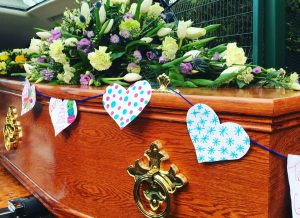



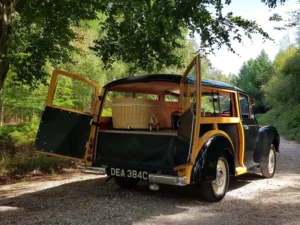

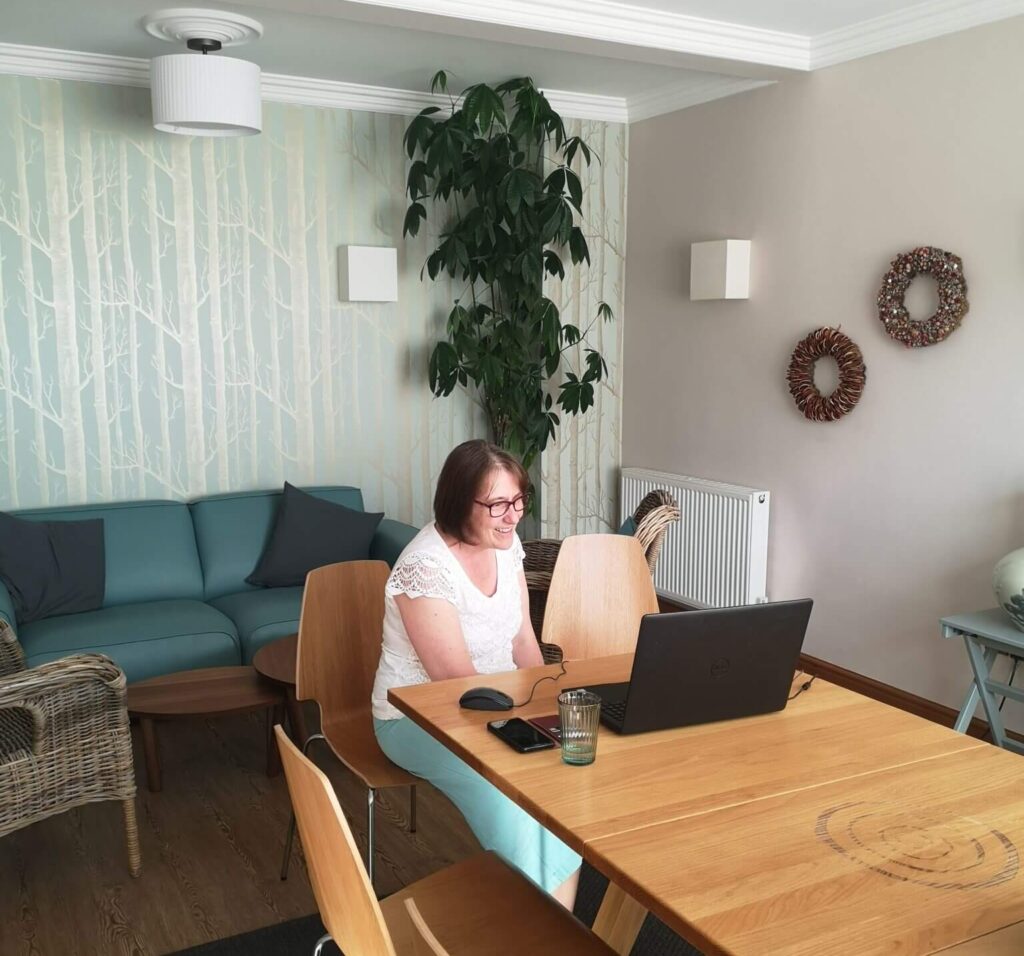

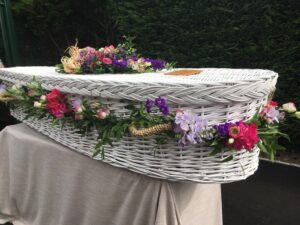



Modern trends in funeral services
Many families now seek eco-friendly funeral options, such as biodegradable coffins or memorial tree planting. Funeral directors are also adapting to the rise in direct cremations, which provide a simple and cost-effective option without a traditional service. In contract to national direct cremation providers, local funeral directors can offer personalised and local support to arrange a direct cremation – which many people value immensely.
Technology has also influenced how funerals are arranged. Live streaming services allow family members who cannot attend in person to participate, while online memorial pages provide a lasting tribute. Digital service sheets, digital memorials and online tribute pages are all available and information about these can be found via your funeral director.
Additionally, modern funeral directors often work with families to create multi-day memorials, blending cultural traditions with contemporary preferences. These events can include everything from private time spent with the person who had died to community gatherings, allowing friends and family to come together in ways that feel meaningful and inclusive.
Supporting families after the funeral
The support provided by funeral directors often extends beyond the funeral itself. Many funeral arrangers offer bereavement support to help families cope with their grief in the weeks and months following the loss.






Choosing the right funeral director
Selecting the right funeral director is a deeply personal decision and it is worth taking the time to get this right at the start. Look for someone who is professional, thoughtful, kind and who understands that this is a very important time and event. You may also find it helpful to feel confident that they have a proven track record in delivering excellent care.
It’s helpful to read reviews and ask about their approach to funeral arrangements. Some families prioritise personalised services, while others value clear communication about funeral costs and practicalities. For those seeking bereavement support, many funeral homes also offer aftercare services such as signposting service and peer bereavement support groups..
Families should also feel free to ask about specific services offered, such as catering arrangements for the wake or the ability to customise elements of the funeral service. A good funeral director will outline what they can provide clearly and honestly, so families know what to expect.
How we can support you
At Full Circle Funerals, we do everything that we can to make a challenging time easier. Whether you are seeking to arrange a unique and personalised funeral for someone who has died, or wish to plan your own in advance, reach out to us today.
